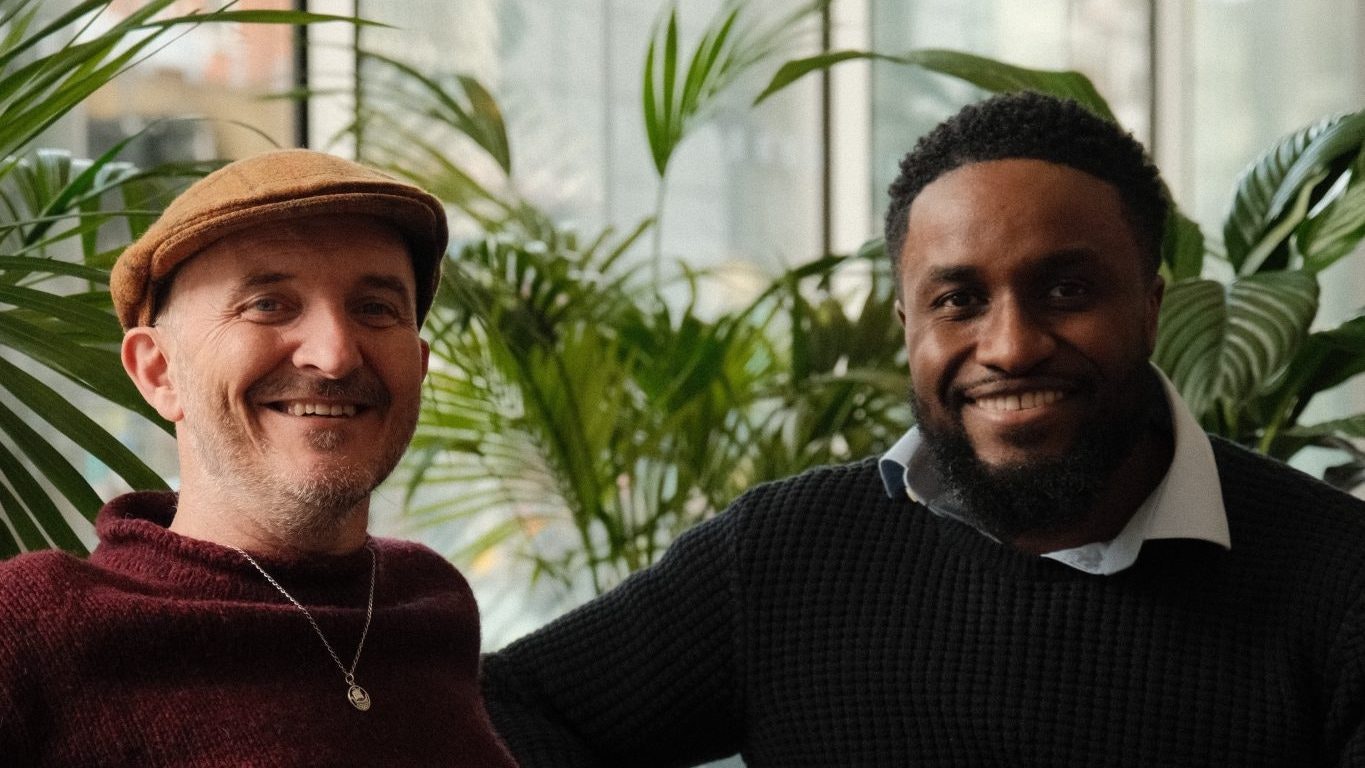Reactions were mixed when Paris-based AI startup Mistral raised a whopping €105m with no product, four weeks after launching and just days after hiring its first employees. Some heralded it as a big milestone for European tech — with top talent from Meta and Google returning home to launch a possible rival to the likes of OpenAI.
Others saw it as sign of AI hype leaving VCs unable to sort the wheat from the chaff — recalling the huge investment rounds that went to inexperienced founders building speedy grocery companies back in 2021 or metaverse startups last year.
Now, Sifted has seen the pitch deck — though it's more of a Google doc than the highly-produced slides that many startups put together — that helped Mistral convince investors like Lightspeed, French billionaire Xavier Niel and former Google CEO Eric Schmidt to open their wallets.
Here’s the deck in full, and a summary of the main points below:
A small group of researchers know how to build LLMs at scale
The deck opens with a description of how products like OpenAI’s ChatGPT (powered by large language models) have been developed by “a few small teams” globally. It says that the small number of people with experience of building large models like GPT-4 are “the limiting factor to creating new economic actors in the field”.
It adds that the team has the expertise to train highly efficient AI systems that will create the “strongest model for a given computational budget”. The founding team of Timothée Lacroix, Guillaume Lample and Arthur Mensch spent nearly two decades between them working in AI and machine learning at Meta and Google’s DeepMind.
One Mistral investor tells Sifted that a key reason for backing the team was the limited number of people with the kind of experience held by the founders.
The value from generative AI will come from the people building the models themselves
The deck describes how “dozens of third-party startups” are popping up that are building interfaces on top of generative models like OpenAI’s GPT-4.
It goes on to argue that Mistral believes that “most of the value in the emerging generative AI market will be located in the hard-to-make technology, ie. the generative models themselves”.
It says that Europe has “yet to see the appearance of a serious contender” in building foundational models, and that Mistral will play a big role in this “major geopolitical issue”.
Open source models will create more value
Mistral describes how big players in GenAI like OpenAI are embracing a “closed technology approach” — not publishing the models they build and only letting people access them through an API.
The deck argues that businesses won’t want to feed sensitive data into this kind of “black box” system. It also says that “exposing the model entirely” will make it easier for companies to build “better, faster” products than those based on closed models.
It adds that its open source approach will allow the company to hire “coveted top researchers”.
High-quality data
The deck outlines how companies like OpenAI keep the data that they use to train models secret. It says that Mistral’s models will be trained on “high-quality data”, the use of which will be negotiated via licensing agreements, leading to “models much better than currently available ones”.
It adds that the company’s early investors are “also content providers in Europe” that will “open all necessary doors for acquiring high-quality datasets”.
Specialising in Europe
The deck emphasises how Mistral will serve as a European counterpoint to the companies building generative AI models from the US, and says that “specialising in the European market” will “create a defensible effort in itself”.
The company is singing from the same hymn sheet as most of the continent’s GenAI companies — like German Aleph Alpha, which also says it’s focusing on serving European enterprises.


